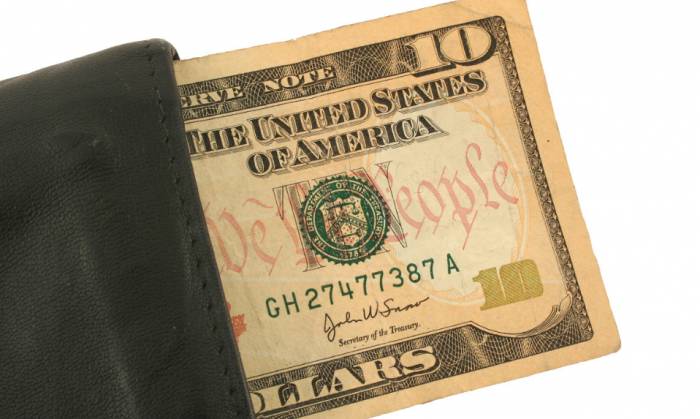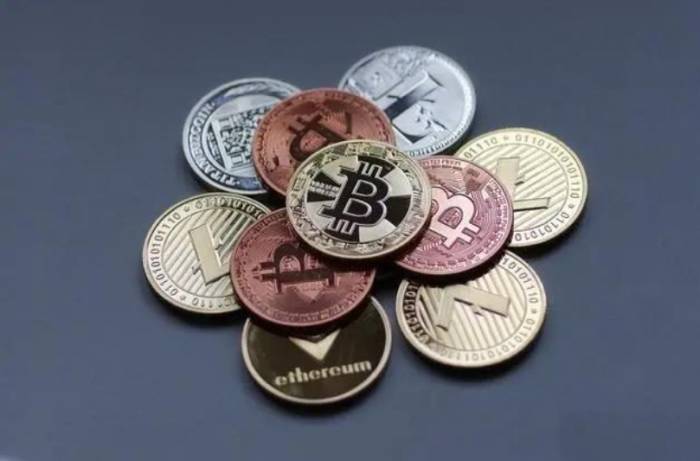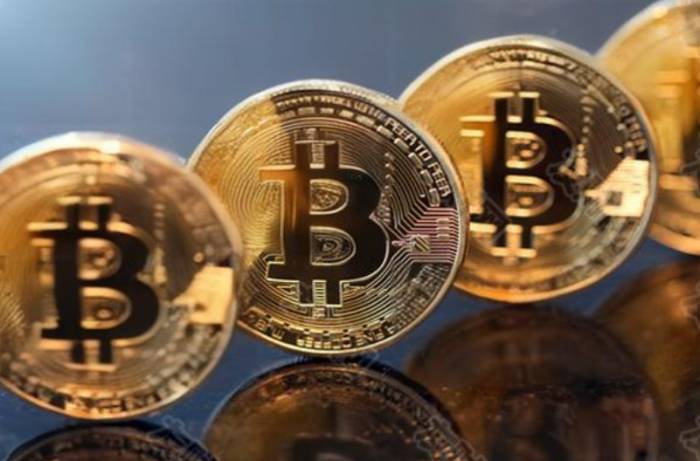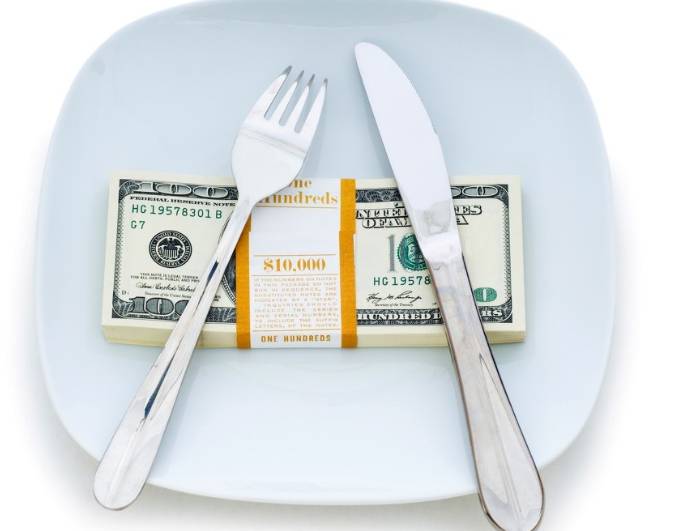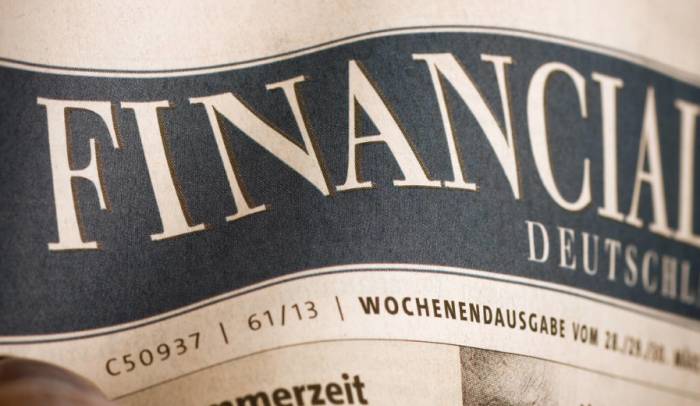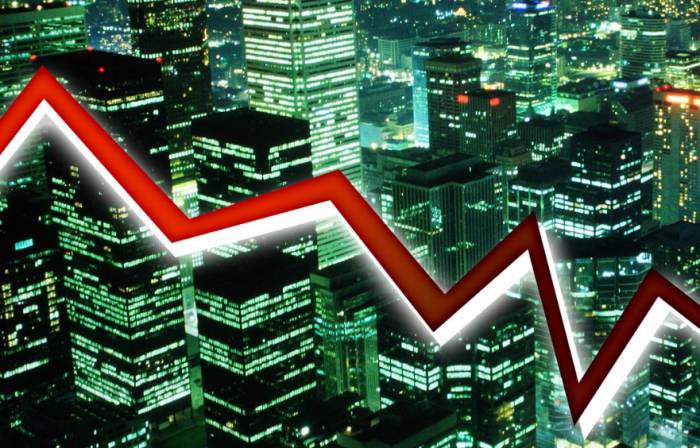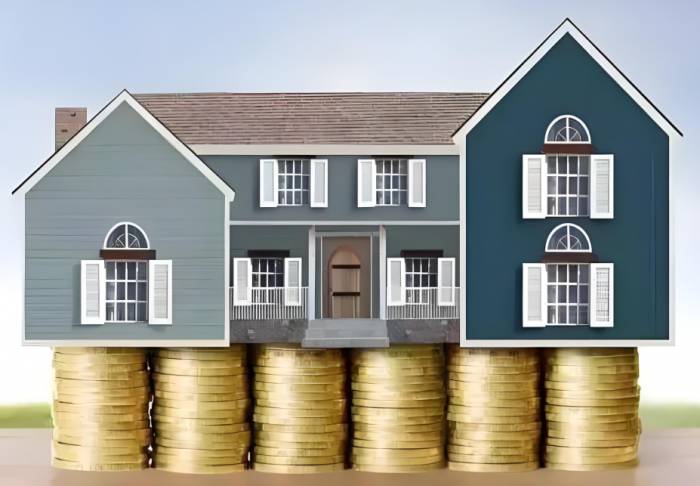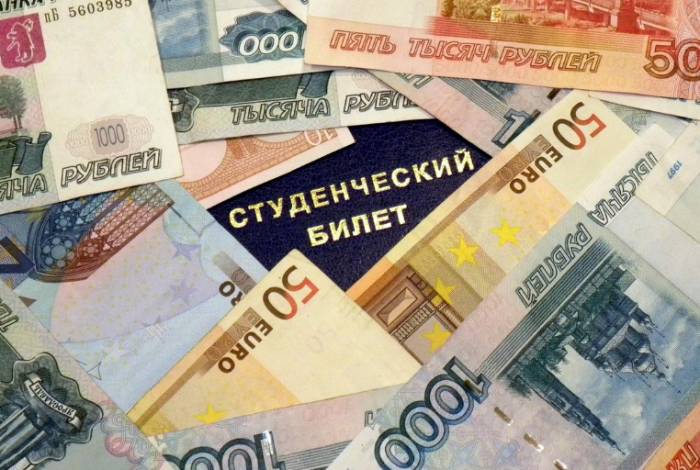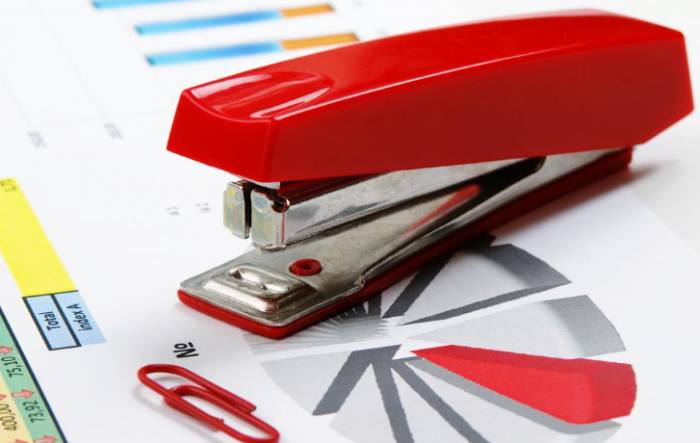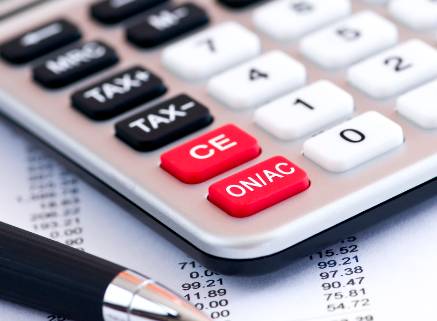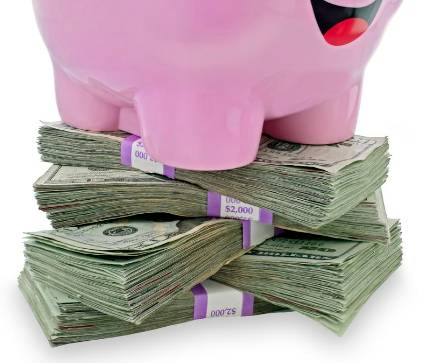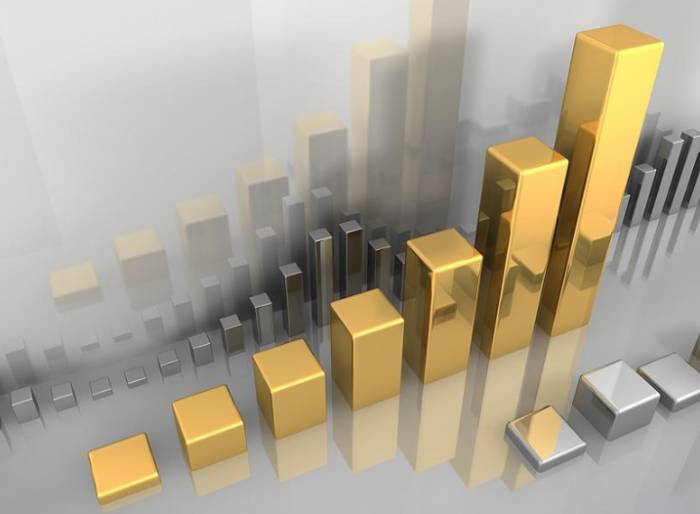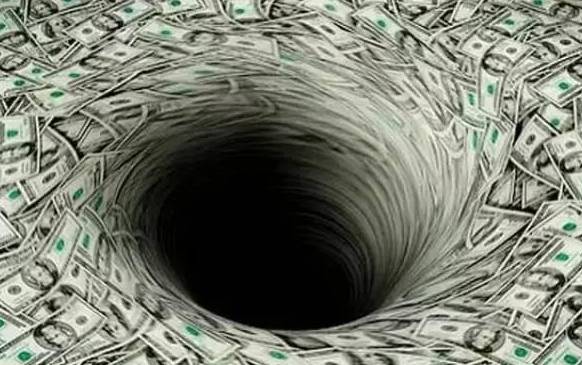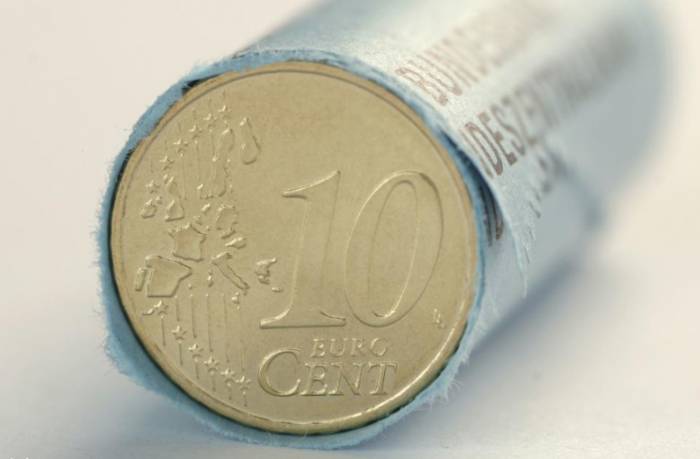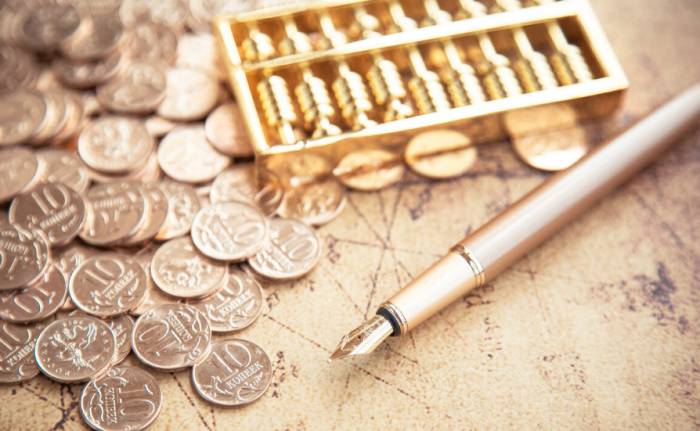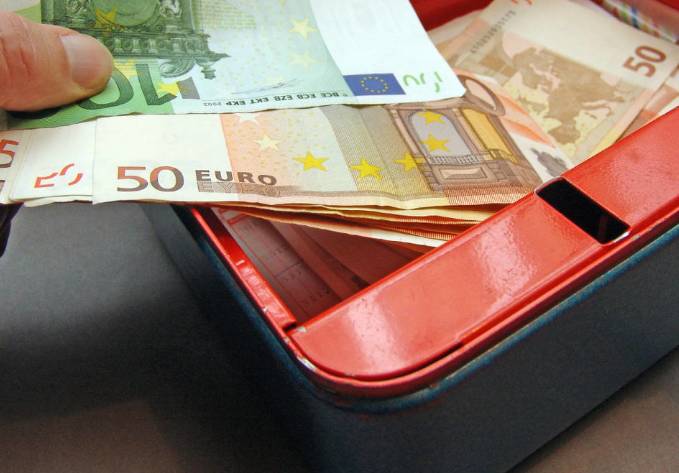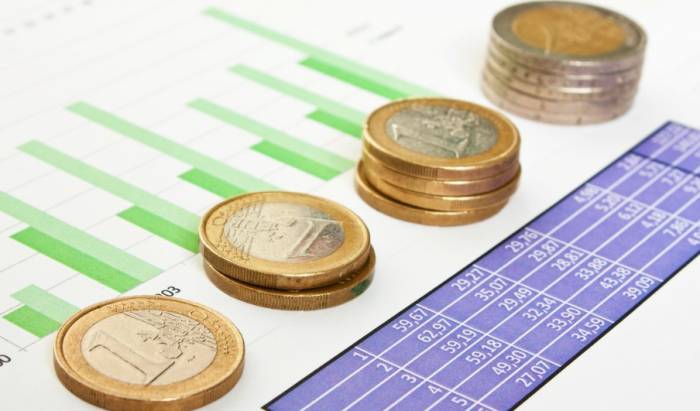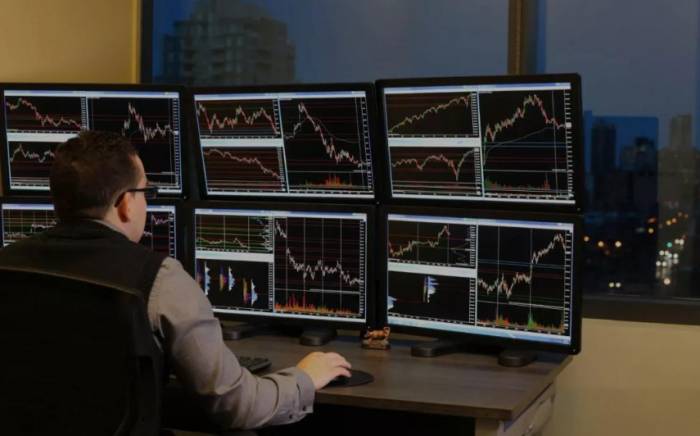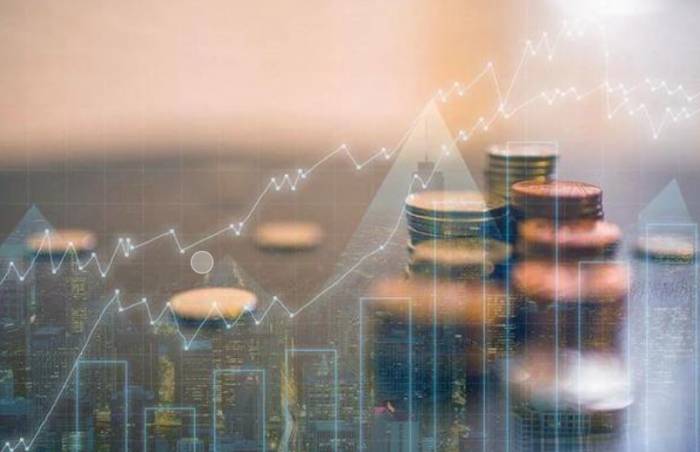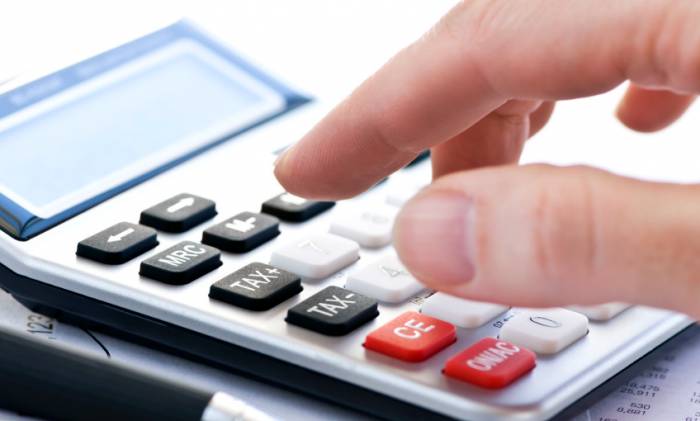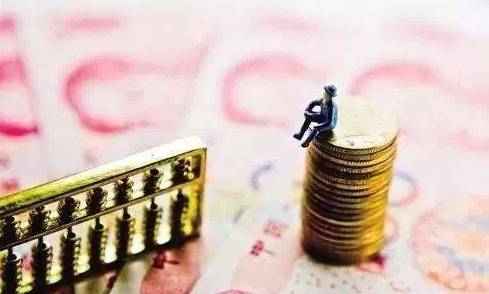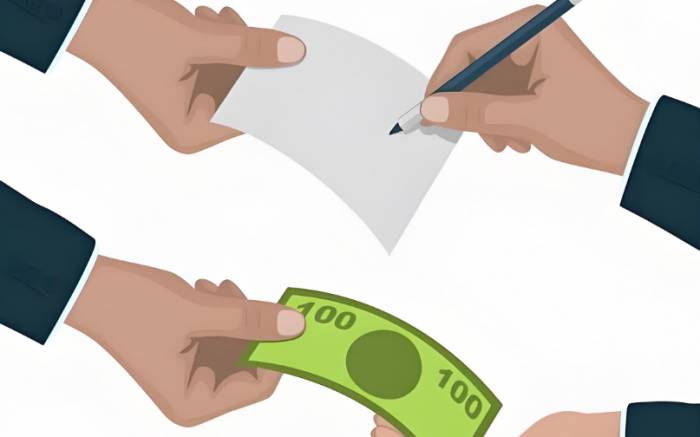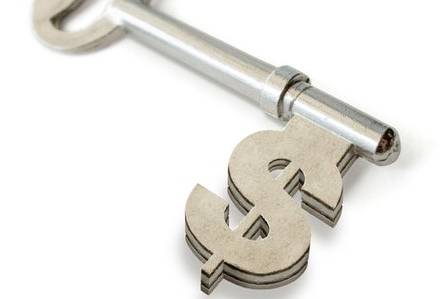When I was preparing to write this article, I was filled with a myriad of emotions. I have been trading for over a decade, experiencing both economic and mental despair, which were the most bitter and difficult times I've ever had, and it took a long time and energy to get out of it.
Many friends have asked about my past experiences. I originally didn't want to write so thoroughly because it really hurts. But then I thought, perhaps my experiences can provide positive guidance and help to everyone, so I decided to write it well.
In the following article, I will talk about my past experiences of losses, describe the state I was in when I was at my lowest, and finally, how I got out of it. I hope it can be helpful to you.
The article is quite long, so you can bookmark it for reading. If you find it rewarding, you can give the article a like, thank you.
1. How did I step by step fall into the predicament of trading?
The trading market is a magical place. One wrong move is like stepping into a casino. It won't let you lose all at once, but with wins and losses, it slowly drains you in the excitement.
When I first started trading, I hit the jackpot as a newcomer and made quite a bit of money, and the speed of making money was very fast.
At that time, I had just returned from doing business in Africa for a few years. Life in Africa was too hard, and in contrast, money came too fast and easily from trading, which made me feel like I was floating.
So I started to increase my position, began to trade frequently, and sometimes, except for eating, sleeping, and going to the bathroom, I might sit in front of the computer for more than ten hours a day, fearing to miss any market movement.
Gradually, my profits decreased, and I even began to lose money.After suffering losses, I just couldn't accept it. All that hard-earned money, sometimes it could be wiped out in a single trade. How could that be acceptable? I had to make it back.
So, I started to increase my position sizes, and my trading became more and more aggressive. Originally, I would open positions with 1 or 2 contracts, but now I would jump straight to 5 or 10 contracts. The more I lost, the more I wanted to turn things around.
The most frustrating thing is that the market never lets you completely lose hope. It always gives you some shining moments, allowing you to make a lot of profit at once, only to lose it all in an instant.
It was in this alternation of extreme pain and extreme excitement that I entered a state of frantic trading.
I remember very clearly, it was a $10,000 account, and I opened 20 contracts during the non-farm payroll report, without setting a stop loss, just gambling on the direction. It was either going to be a huge profit or a massive loss.
The market moved in the opposite direction, and within minutes, I was wiped out. Can you imagine? In just a few minutes, tens of thousands of dollars vanished, just like in a game.
I never thought that trading could put me in such a painful state. I had considered whether to stop, but I had already lost several hundred thousand dollars. How could I just accept that?
So, I entered a period of numbness from losses.
I started to study various trading techniques on the market, all kinds of technical indicators, different trading methods, joined various groups, and consulted various teachers, only to encounter all sorts of losses.
The 60-day moving average entry and stop loss didn't work, so I quickly switched to the 90-day moving average, and still lost? I quickly switched to Bollinger Bands.I tried all sorts of methods, but the profitability was always short-lived, and no matter what I did, I would end up in losses.
At that time, I was completely numb. I had seen too many techniques, and there were too many voices around me. I was in a daze, and I no longer felt the extreme pain from losses as I once did, but I had lost all ability to think.
2. What was the most difficult state of my trading?
I thought for a long time and couldn't find a word to describe my mental state at the time. It might have been despair, helplessness, sadness, tension, regret, anger, a sense of defeat, self-pity; all these negative emotional words could be used to describe my mental state at that time.
I began to avoid socializing.
I distanced myself from friends because I was afraid they would ask about my situation, and even afraid of their concern. They would kindly advise me to give up trading, telling me how unreliable trading was, and I would want to argue back, but I was truly a failure at that time and didn't know what to argue with.
I was even unwilling to go home to see my parents because when I first returned from Africa, I was full of glory in their eyes, and they saw me as a very successful person. But my mental state was a mess, and they would lose sleep over my condition night after night, including to this day, I still feel guilty towards them.
My emotions also became very volatile.
Those years were filled with suppressed emotions and continuous high tension. I was like a powder keg, ready to explode over the slightest thing, losing control of my emotions, sometimes very silent, and sometimes very irritable.
At that time, I had a girlfriend, and she broke up with me because of my crazy emotional swings. The failures in love and trading made me even more anxious.It wasn't until later, when I gradually achieved stable profits, that I fully understood her choice at the time, and I felt very guilty for her long-suffering patience with me. Her choice was right; it was I who had been wrong all along. Of course, at that time, I was also in a very financially embarrassed situation.
When I first returned from Africa, I spent money quite freely. I bought a house for myself, a house for my parents, and also purchased a decent car.
After gradually losing money in trades, I started to buy discounted items nearing their expiration dates from supermarkets, such as reduced-price canned goods and biscuits. At that time, I felt very ashamed and even more afraid of running into acquaintances, which would be embarrassing.
The living expenses I provided to my parents also decreased over time, until eventually, I couldn't afford to give them any money at all. When dining out with friends, I found myself in a tight spot financially, and later on, I became reluctant to socialize because the way friends deliberately took care of me made me feel even more introverted.
I believe many friends who have experienced trading losses have had similar experiences and feelings. For a man with a strong sense of self-esteem, this is simply the darkest moment in life.
Moreover, this situation is like a swamp; it's hard to give up without trying, but continuing is scary, and there seems to be no solution to the current predicament. One can only sink deeper and deeper, becoming more and more desperate.
When many people start trading, they never consider the possibility of losing everything, and I never thought I would end up in such a situation.
3. How did I get out of the predicament?
In the later stages of my losses, I had long run out of money and had started borrowing money and using credit cards for trading. At the peak of my debt, I had to cash out my credit card seven or eight times a month to manage the repayments.One morning, I was in a daze, buying breakfast at a street food stall. I fumbled in my pocket for a while before realizing that I only had a few tens of yuan left on me. Suddenly, I felt a chill from my head to my back, and I became wide awake.
Later, I checked my credit card and did a rough calculation of my total debts. Apart from the millions of savings I had lost, I was also in debt to friends and credit cards by over a million yuan.
So, I completely stopped trading.
I liquidated my assets, sold the house and car I lived in, kept my parents' house, and rented a small apartment for myself.
The money from the sale was just enough to pay off my debts, and I had a small surplus of a few hundred thousand yuan left. I sat in the rented room, daydreaming, thinking back to my rags-to-riches story, feeling like it was all a dream.
I didn't dare to let anyone know about selling the house, and for several years, I didn't dare to let my parents come to see me, until later when I earned the house back, and my parents only then found out that I had once sold it.
Looking back now, stopping trading and selling assets to pay off debts was the most correct decision.
Because I felt a lot lighter, no longer pressured by friends to repay debts, no longer having to juggle credit card payments every month, and no longer facing trading with tense nerves.
After I relaxed, I started to think about what I could do and what I wanted to do.
In fact, at that time, I had considered giving up trading, but after years of accumulation, I really felt unwilling to let go, and I also felt that I hadn't truly mastered the real trading skills, and I didn't have any other skills either.With this mindset, I began to buy books frantically.
I purchased numerous books on trading, reading and studying them one by one. Whenever I encountered a good book, I would even transcribe it, and I found that the more books I read, the more commonalities I discovered within them. It seemed as if these successful traders all shared many traits.
I realized that trading requires rules; I noticed that those who fail tend to stumble at the same points; I understood that one should not be fixated on every single trade but should have a holistic view; I discovered that many great figures have experienced their darkest moments before achieving success, and so on.
Gradually, my understanding of trading became completely different, and I gained a fresh perspective, as if a sudden enlightenment had occurred.
Later, I also attended some training sessions conducted by teachers. Although there wasn't much of value, I became aware of trading systems and the importance of reviewing past trades, which marked a turning point in my trading techniques.
For two years, I thoroughly engaged in reviewing past trades and conducting simulations, verifying all my doubts about trading.
This included the combined effects of various indicators, the profitability of different indicator parameters, and the differences in profits and losses with various entry and exit strategies, and so on.
The longer I reviewed, the more I realized how foolish I had been. My previous cognitions were completely overturned, and my blind self-confidence, as well as my recent preferences, were utterly foolish.
For example, the 60 and 90 moving averages I had previously switched between were merely adapted to different market conditions, but there was no significant difference in profitability. No matter how many parameters you change, the same principle applies: there will always be market conditions that are not suitable, and there will always be periods of losses.
After comparing so many indicators and trading systems, I found that there is simply no magical trading system or indicator that can make you rich overnight, ensure no losses forever, or achieve a 100% win rate. It's all just a game of probabilities.As long as you optimize the trading system properly, use reasonable positions, and maintain consistent execution, you can gradually increase profits through the effect of compound interest.
So I spent many years validating this point, starting with my own capital, and only after the system became completely stable and my mindset was absolutely stable did I borrow some funds from friends to increase the principal.
This is why I often advise friends who are losing in trading to stop trading first, because when you are in an anxious mental state, there is no way to think and learn.
Life is long, but it's just a fraction of the time to thoroughly learn, so what's not possible and not worth it?
After so many years of experience, I have found that there is no shortcut in trading. Many things can only be experienced and understood by oneself, and there is no way to turn things around overnight. Sometimes when we recognize and accept reality, and start from the little things at hand, we can truly improve slowly. Let's encourage each other.
